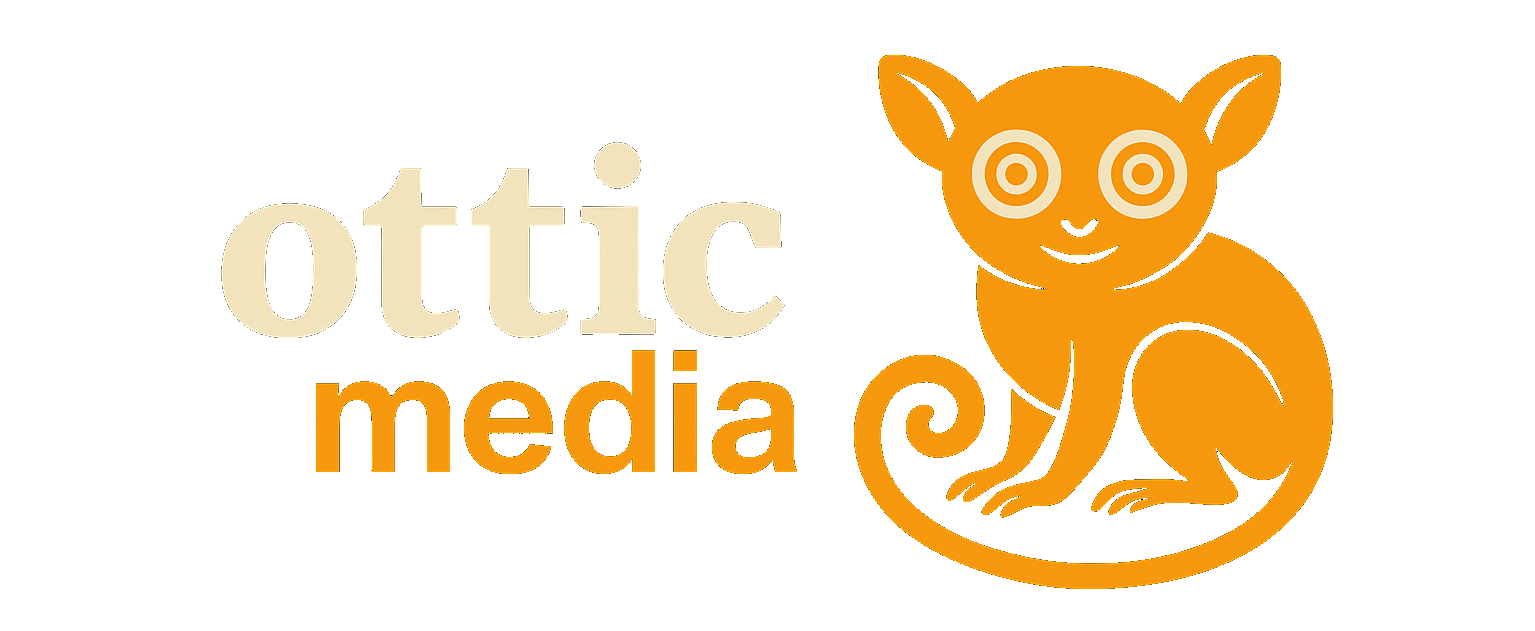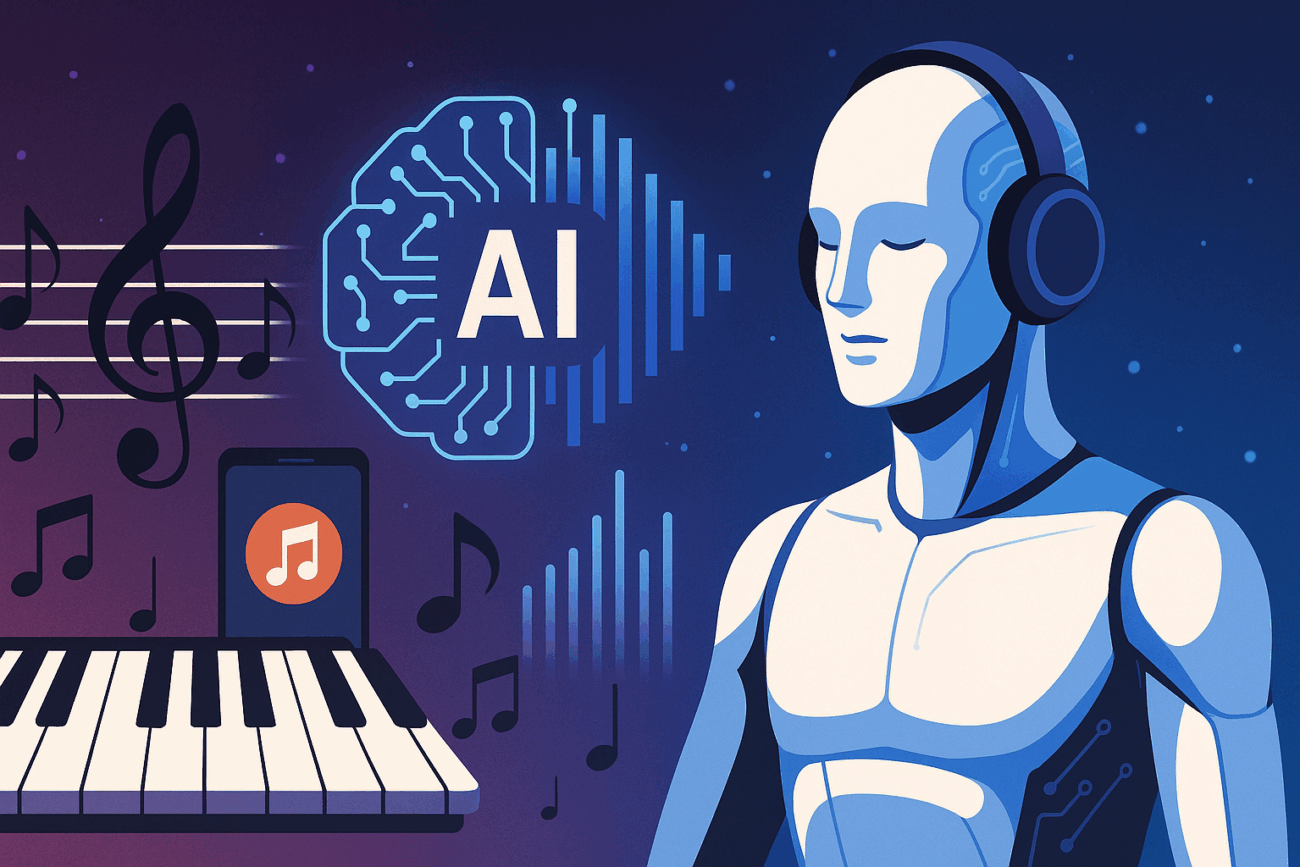The music industry is undergoing a remarkable transformation, driven by the innovative capabilities of artificial intelligence. Far from being a mere technological trend, AI is reshaping how music is created, discovered, and enjoyed, offering a symphony of possibilities that enhance the creative process and deepen connections between artists and their audiences. From personalized playlists to groundbreaking compositional tools, AI is proving to be a powerful collaborator in the world of music, promising a future where creativity and technology harmonize beautifully.
At its core, AI in music can be categorized by its ability to mimic or augment human capabilities. Narrow AI, designed for specific tasks, is already a familiar presence in the industry. Platforms like Spotify use it to power recommendation engines, curating playlists that feel tailor-made for each listener. This technology excels at analyzing patterns, whether it’s predicting the next big musical trend, helping artists refine their sound through mixing and mastering, or suggesting chord progressions to spark inspiration during composition. By handling these targeted tasks, Narrow AI empowers artists to focus on their creative vision while streamlining the technical aspects of music production.
Beyond Narrow AI, Generative AI is capturing imaginations with its ability to create entirely new content. Unlike its task-specific counterpart, Generative AI thrives on open-ended creativity, producing original music, lyrics, or even visual elements for music videos. Tools like these act as virtual co-creators, offering artists fresh ideas and helping them break through creative blocks. For instance, an artist struggling with a melody might turn to a Generative AI tool for suggestions, transforming a moment of frustration into a burst of inspiration. This flexibility makes Generative AI a game-changer, enabling artists to explore uncharted sonic territories and craft works that resonate with audiences in new ways.
Looking ahead, Agentic AI promises to take personalization and autonomy to the next level. Imagine a playlist that evolves not just based on your listening history but also on your mood, the time of day, or even the vibe of a live event. Agentic AI could make this a reality, curating hyper-personalized experiences or even managing an artist’s social media presence with a level of responsiveness that feels almost human. In the studio, it could serve as a virtual co-writer, suggesting lyrics or designing unique sounds tailored to an artist’s vision. For the industry as a whole, this technology could revolutionize talent scouting by analyzing global streaming data to identify emerging stars or fostering innovative collaborations by matching artists with complementary styles.
The horizon holds even greater potential with the concept of Artificial General Intelligence (AGI), a future where AI could possess human-like creativity across diverse domains. While still hypothetical, AGI could redefine music by blending global influences or inventing entirely new genres that push the boundaries of imagination. It might compose dynamic soundtracks for virtual reality experiences or act as a virtual artist, performing and engaging with fans independently. Such advancements would not only expand creative possibilities but also challenge the industry to rethink traditional notions of authorship and artistry.
Of course, the integration of AI into music is not without its complexities. Questions about copyright, ownership, and the ethical use of data remain at the forefront. The industry is grappling with how to fairly compensate creators when AI models are trained on existing works, a concern highlighted by recent legal disputes. Yet, these challenges are not insurmountable. With innovative solutions the industry can strike a balance that protects artists while embracing technological progress.
Ultimately, AI is not here to replace the human soul of music but to amplify it. It’s a tool that liberates artists from technical constraints, allowing them to explore new creative heights and connect with audiences in meaningful ways. As the music industry continues to evolve, AI will serve as a collaborative partner, blending human passion with technological precision to create a future where music remains a universal language, richer and more diverse than ever before.

